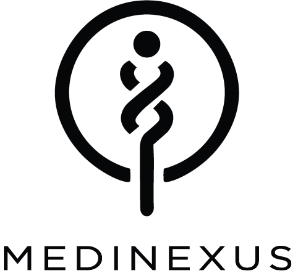DOI: https://doi.org/10.1016/j.mehy.2020.109856
Antonio Gigante a, Alberto Aquili a, Luca Farinelli a, Alessandro Caraffa b, Gianpaolo Ronconi c, Carla Enrica Gallenga d, Giulia Tetè e, Spyros K. Kritas f, Pio Conti g
aDepartment of Clinical and Molecular Science, School of Medicine, Università Politecnica delle Marche, Ancona, Italy bSchool of Pharmacy, University of Camerino, Camerino, Italy cClinica dei Pazienti del Territorio, Fondazione Policlinico Gemelli, Rome, Italy dDepartment of Biomedical Sciences and Specialist Surgery, Section of Ophthalmology, University of Ferrara, Ferrara, Italy eSpecialization School in Oral Surgery, Vita-Salute San Raffaele University, 20132 Milan, Italy fDepartment of Microbiology and Infectious Diseases, School of Veterinary Medicine, Aristotle University of Thessaloniki, Macedonia, Greece gPostgraduate Medical School, University of Chieti, Chieti, Italy
Abstract
A novel human coronavirus SARS‐CoV‐2 (also referred to as CoV-19) that emerged in late 2019 causes Covid-19 disease a respiratory tract infection which provokes about 4 million deaths per year. Unfortunately, to date, there is no specific antiviral treatment for COVID-19. Mast cells (MCs) are immune cells implicated in the pathogenesis of viral infections, where they mediate inflammation. Microbes, including virus, activate MCs through TLR releasing chemical pro-inflammatory compounds and cytokines. Although, in biomedical literature there are only few reports on MCs activation by SARS-CoV-2 infection. The production of pro-inflammatory cytokines by MC viral activation leads to increase pulmonary inflammation and fibrosis. Sodium Chromo-Glycate (SCG) described as a MC stabilizer, prevents the release of inflammatory chemical compounds, improve mouse survival and respiratory pathological changes in lung viral infection and suppresses inflammation. Furthermore, palmitoylethanolamide (PEA) a nuclear factor agonist, an endogenous fatty acid amide, which exerts a variety of biological effects, related to chronic inflammation and pain, is involved also in MCs homeostasis with an inhibitory and protective effect on the respiratory tract during viral infections. Here, we hypothesize for the first time, that SCG and/or PEA suppress MC activation and pro-inflammatory mediators release, playing an anti-inflammatory therapeutic role in the inflamed lung of patients with COVID-19.


